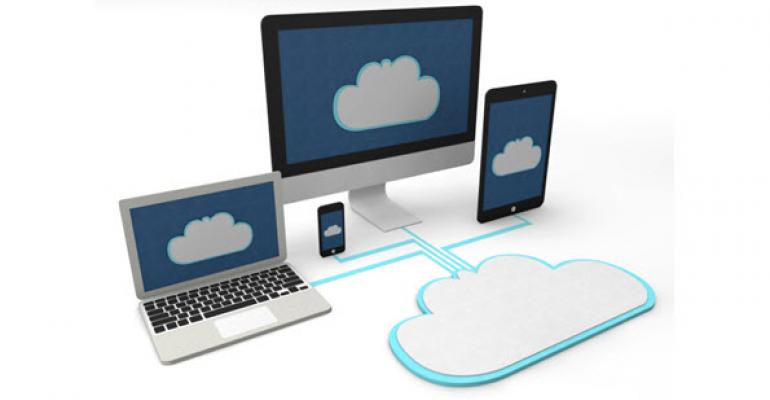There are a lot of great reasons to embrace SaaS, including not only Office365 but also GoogleApps, SalesForce, etc. but something that many folks don’t realize until too late is that those platforms do NOT provide backup/recovery functionality -- really!
ESG’s most recent research on the topic shows that the five year outlook for email, only 43% will remain on-premises. Of the rest, 27% are already cloud-based and another 30% is expected to migrate to the cloud. File/productivity apps show a similar momentum. The key to remember is that corporate data needs to be protected, regardless of whether the data resides on servers, endpoints or within services. So, the shift is real – but your legacy backup solutions are less likely to follow you to the cloud.
Why Backup Solutions are late to Protect New Platforms
Each time that IT has seen a truly transformative shift in platforms, backup is always an afterthought – e.g. NetWare to Windows Server, physical servers to hypervisors, now servers-to-services. In each case, the disruptive platform vendor was/is primarily interested in availability/reliability of the core functions and building a new market, so the platform vendor didn’t initially develop the built-in functionality, nor APIs for third‑party backup solutions. And each time, the legacy backup solutions were not the ones to solve the problem, because they were focused on serving their existing customers, waiting to see if the new platform would take off, and then were dependent on the APIs which weren’t published yet. Case in point, VMware backups were painful until the vStorage 5 APIs, after which most of the legacy/unified solutions started offering backups; meanwhile startups that could focus specifically on the problem of VM backups delivered solutions when the others couldn’t (e.g. Veeam, PHD Virtual and vRanger). Since then, PHD has been bought by Unitrends and vRanger was part of Quest, which is now part of Dell, while Veeam still dominates many VM-backup conversations. Of the generation before, those that dominated NetWare backups were not the ones to protect Windows well. Does anyone else remember the dark days before VSS?
History is Repeating Itself with SaaS
The same thing is happening again with SaaS backup, with only a few players in the game: Spanning Cloud, which was recently bought by EMC, and Backupify, which was bought by Datto. There are some smaller startups entering the fray and Asigra is the first backup-as-a-service vendor to announce O365 support, which is notable since they are the only solution today that offers solutions for protecting traditional servers/endpoints and now SaaS. I wrote about the dynamic of SaaS-backup capabilities being either built (Asigra) or bought (Spanning & Backupify) in a recent blog post – SaaS backup is like Hunger Games. In that analogy, two combatants (EMC & Datto) ran into the fray to grab the only two premade weapons, while one combatant (Asigra) forged their own. The rest of the legacy players are hiding in the forest in one way or another.
If history finishes repeating itself again, a few things will play out:
- The SaaS vendors will understand that one criteria of moving from early adopters to mainstream is the ability to back up their data. At that point, the SaaS vendors will likely offer some recovery services and/or publish the APIs for third party backups (likely both).
- A few legacy backup vendors will likely deliver self-made/rudimentary backup capabilities (or marketing promises) and then gleefully jump on the APIs from the SaaS provider when available.
- The startups that solved the problem early will get acquired or keep printing money, if their marketing and feature set stays in front of the market status quo. This has already happened, but is included here for completeness.
- And those legacy solutions that do not offer SaaS backups will be like those backup products of the last generation that only protect physical servers but not VMs, and therefore expire into irrelevance. I would make the similar suggestion that those on-premise backup vendors who only protect VMware, but not Hyper‑V with equal features, are tracking towards irrelevance as well – but that is for a different article.
Remember, your corporate data must be protected, whether within servers or services; so back it up!





